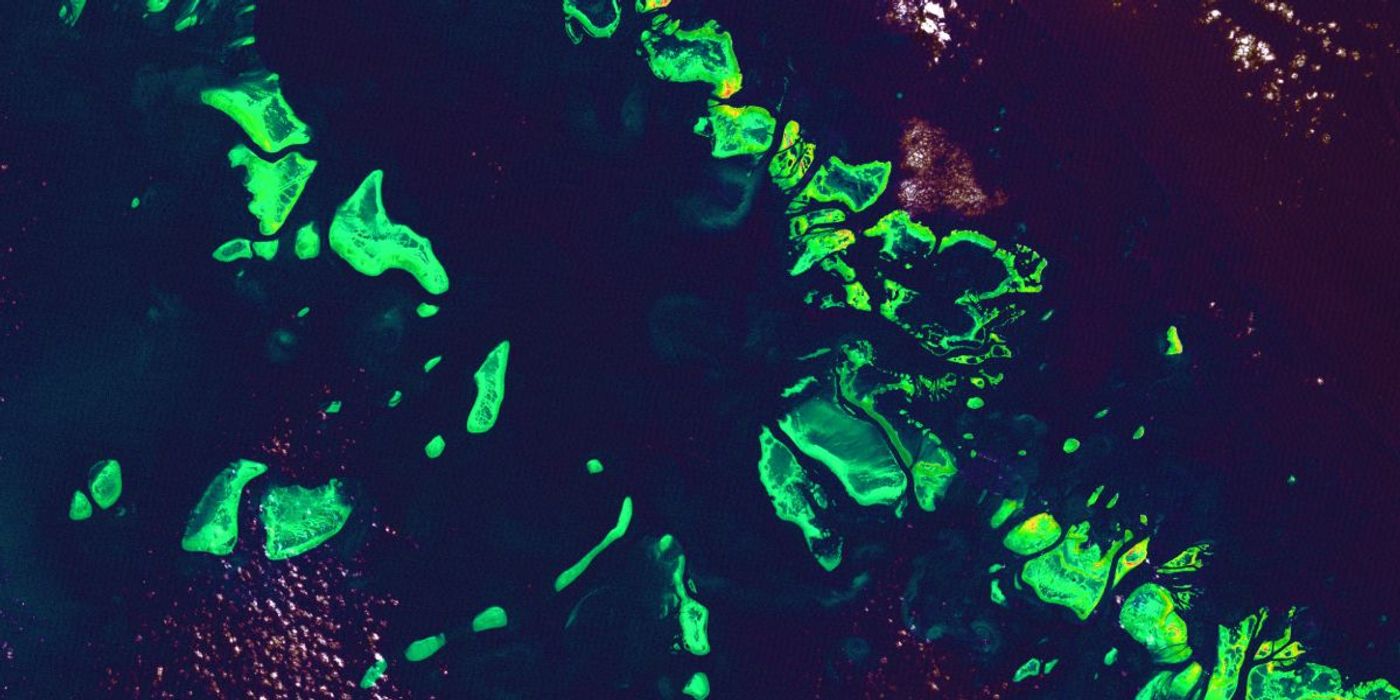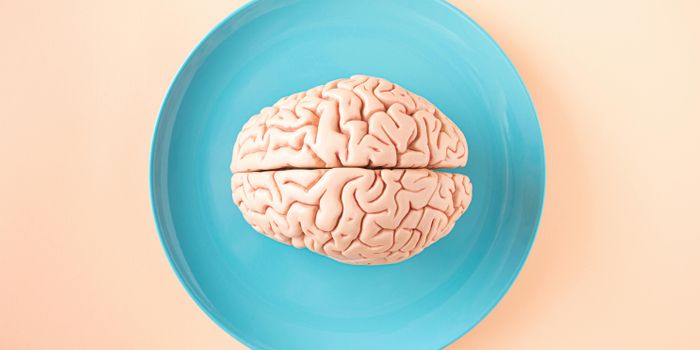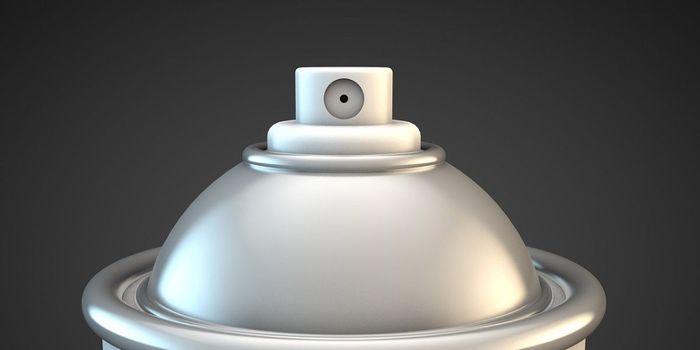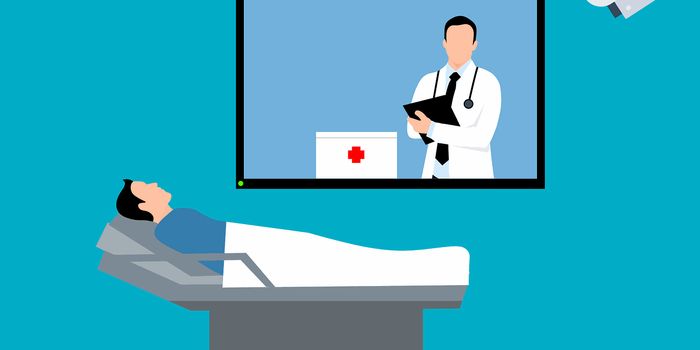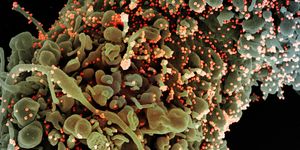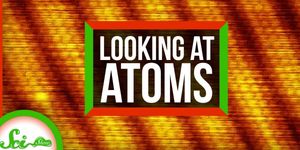Only 3% of COVID-19 Antibody Tests Approved by FDA
So far, only 3% of at least 90 COVID-19 antibody tests in the US have been approved by the Food and Drug Administration (FDA). This comes as relaxed rules by the agency have allowed untested and potentially unreliable tests for COVID-19 to enter the market, something that may slow down the country’s recovery from the virus.
Although antibody tests are not the best indicator of whether someone has COVID-19, they may be able to tell if someone has had it already. Officials from the Association of Public Health Laboratories (APHL) have thus said that they are a crucial tool to inform the country’s response to the pandemic. However, in light of the at least 90 antibody tests that have flooded the market in recent weeks, doctors and health officials alike are apprehensive about their accuracy and reliability.
“We now have at least 90 tests on the market, and we don’t know about the accuracy of the results,” says Kelly Wroblewski, APHL’s director of infectious disease programs. “Having many inaccurate tests is worse than having no tests at all.”
Currently, the FDA mandates that private companies may certify the accuracy and reliability of antibody tests themselves before bringing them to market, rather than let a third party conduct a test. In doing so however, they are not able to claim that their tests were authorized by the FDA and must include disclaimers about their accuracy.
To achieve full FDA approval, the agency has left test developers the option of going through the agency’s emergency authorization process. Despite this however, only three companies have undergone and been approved by the process so far, meaning that the vast majority of antibody tests on the market have not been certified by the FDA to actually work.
In being able to tell whether someone has already had the virus, reliable antibody tests are crucial to understand what percentage of the population has already developed an immune response to the disease, and thus who may be able to go back to work.
False negatives may mean that people already potentially immune to the disease are needlessly prevented from going back to work. Meanwhile, false positives may mean that people who have not had the virus before go back to work, something that may cause a second wave of cases if not properly managed.

